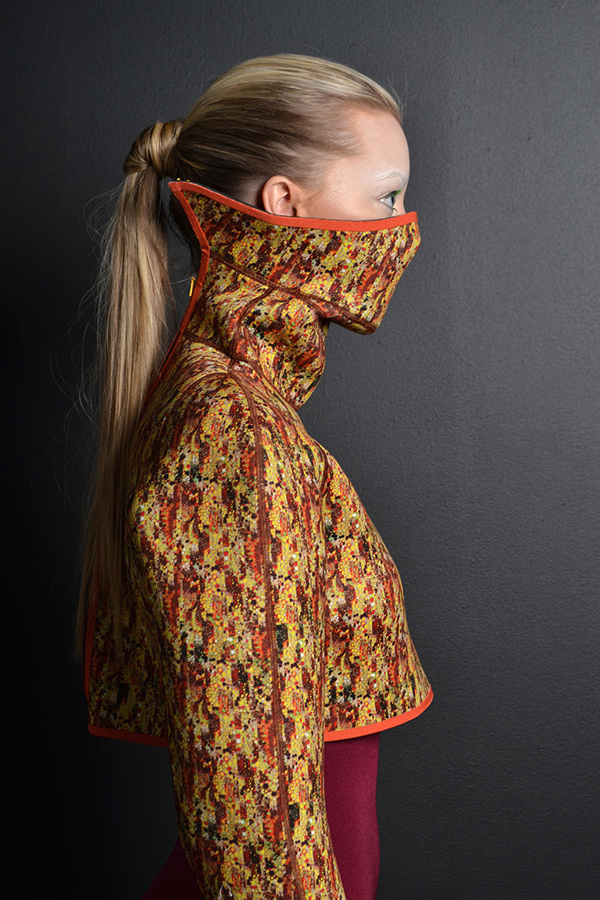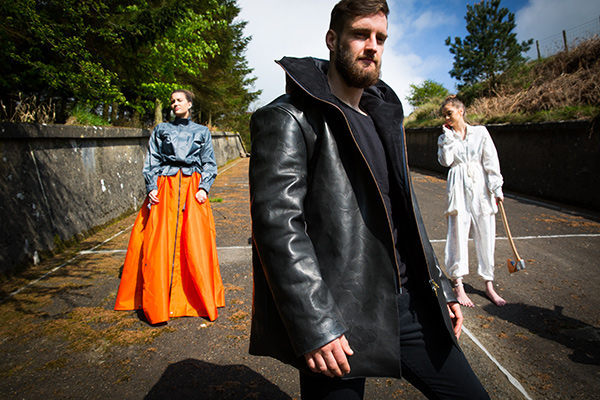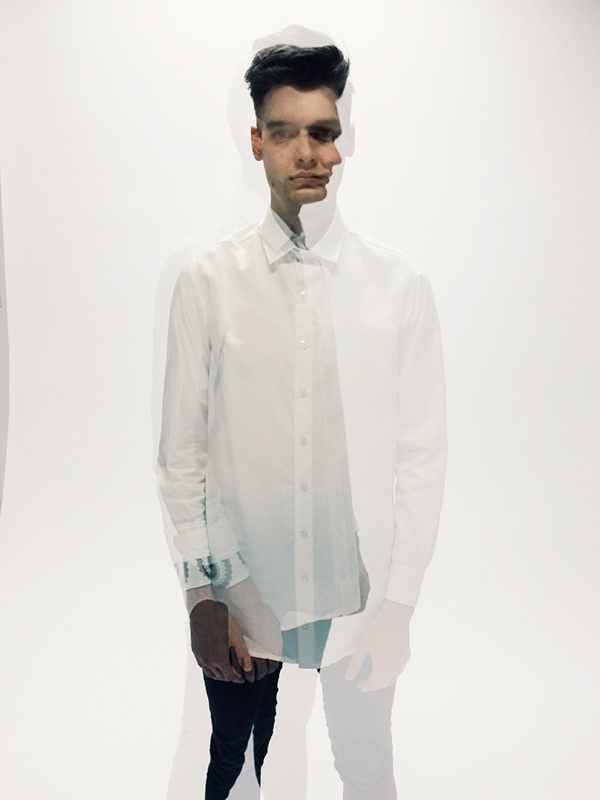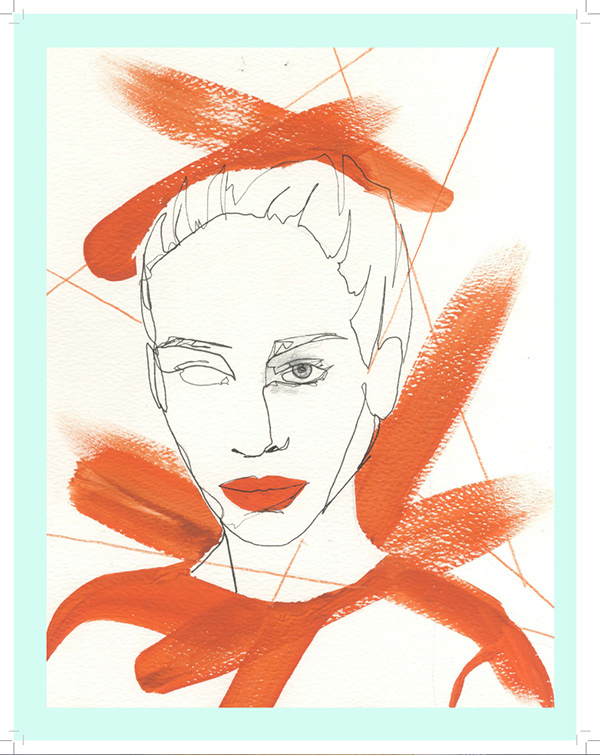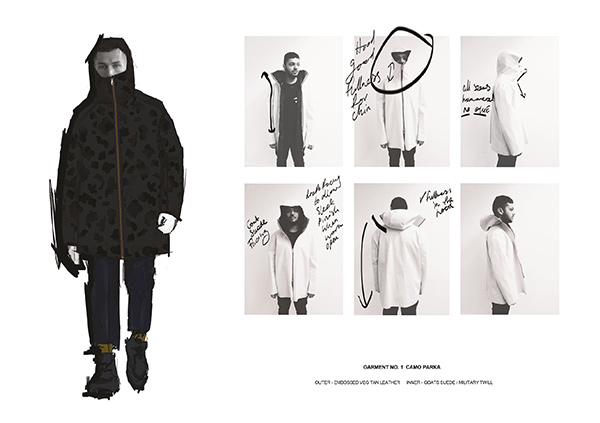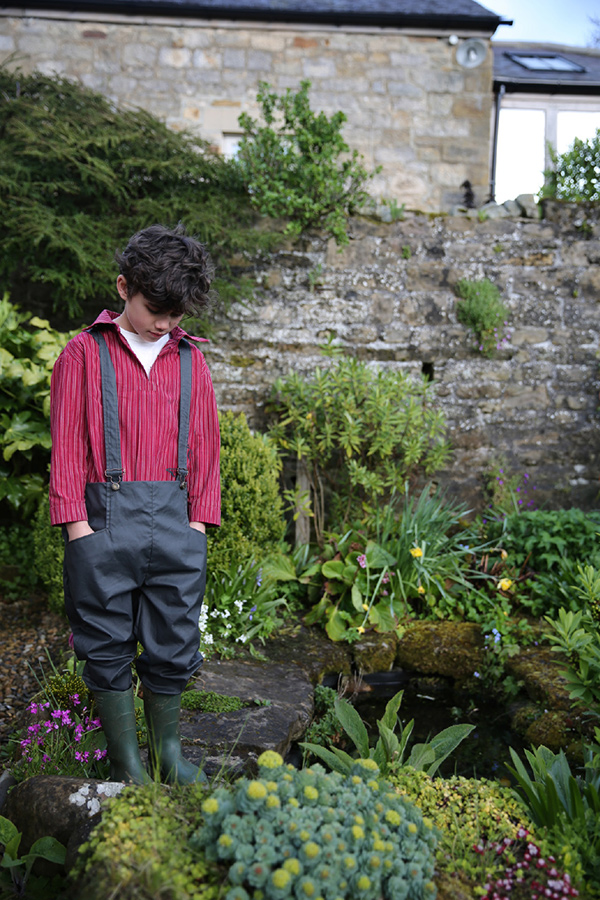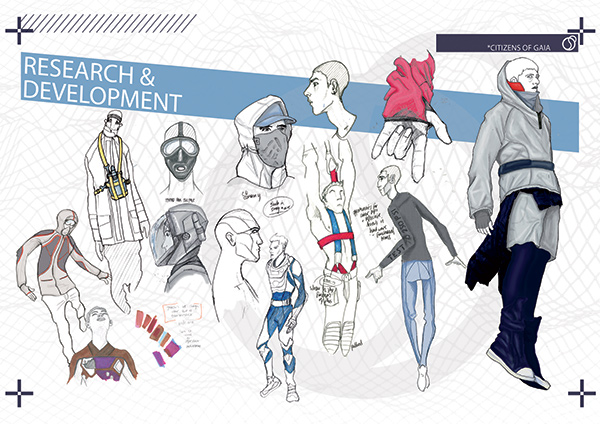-
Study
Study
Interested in studying at Northumbria? With 31,500 students, Northumbria is one of the largest universities in the country, offering courses on either a full-time, part-time or distance learning basis.
Discover more-
Undergraduate
- Undergraduate Study Degree
- Undergraduate Open Day & Events
- Application Guides
- Northumbria University UCAS Exhibitions
- Foundation Years
- Undergraduate Fees & Funding
- School & College Outreach
- Continuing Professional Development
-
Postgraduate
- Postgraduate Study Degree
- Postgraduate Research Degrees
- Postgraduate Open Days and Events
- Postgraduate Fees & Funding
- Flexible Learning
- Thinking about a Masters?
- Continuing Professional Development
- Change Direction
-
Student Life
- The Hub - Student Blog
- Accommodation
- Life in Newcastle
- Support for Students
- Careers
- Information for Parents
- Students' Union
- Northumbria Sport
-
-
International
International
Northumbria’s global footprint touches every continent across the world, through our global partnerships across 17 institutions in 10 countries, to our 277,000 strong alumni community and 150 recruitment partners – we prepare our students for the challenges of tomorrow. Discover more about how to join Northumbria’s global family or our partnerships.
Discover more-
Applying to Northumbria
- European Union
- Our London Campus
- Northumbria Pathway
- International Events
- Entry Requirements
- Agent Network
-
Northumbria Language Centre
- Faculty Requirements
- Acceptable English Requirements
- Pre-Sessional English and Study Skills
- Academic Language Skills Programmes (ALS)
-
International Fees, Funding & Scholarships
- International Undergraduate Fees
- International Undergraduate Funding
- International Masters Fees
- International Masters Funding
- International Postgraduate Research Fees
- International Postgraduate Research Funding
- International Money Matters
-
Life at Northumbria
- International student support
- The Hub - Student Blog
- Careers
-
International Mobility
- Current Northumbria Students
- Incoming Exchange Students
-
-
Business
Business
The world is changing faster than ever before. The future is there to be won by organisations who find ways to turn today's possibilities into tomorrows competitive edge. In a connected world, collaboration can be the key to success.
Discover more -
Research
Research
Northumbria is a research-rich, business-focused, professional university with a global reputation for academic quality. We conduct ground-breaking research that is responsive to the science & technology, health & well being, economic and social and arts & cultural needs for the communities
Discover more -
About Us
-
About Northumbria
- Our Strategy
- Our Staff
- Our Partners
- Student Profiles
- Alumni Profiles
- Leadership & Governance
- Academic Departments
- University Services
- History of Northumbria
- Contact us
- Online Shop
-
-
Alumni
Alumni
Northumbria University is renowned for the calibre of its business-ready graduates. Our alumni network has over 236,000 graduates based in 178 countries worldwide in a range of sectors, our alumni are making a real impact on the world.
Discover more - Work For Us
What will I learn on this module?
Fashion; Concept to Product is a 40 credit module that offers you the opportunity to further develop your professional and creative skills and techniques in preparation for your Industrial Placement year. Building on your prior learning from your Level 4 modules, you will be supported to explore contemporary and historical topics to inform your concepts and you will create both 2D and 3D fashion products. This module follows industry practice; from research that informs your concept, to idea development, to creating your 2D and 3D products, to understanding the visual communication in order to promote your artefact. The work completed in this module forms the content of your digital portfolio for your industrial work placement interviews.
You will be encouraged to be curious, imaginative and empathetic in developing your ideas, employing an aesthetic and intelligent approach to creating products. Learning to use a variety of media to develop your individual creative ‘handwriting’ will enable you to effectively communicate your concepts and outcomes, evidencing all the elements essential to fashion design aesthetics. You will further improve your visual literacy skills through the use of creative photography and digital imaging software as a research tool, observing, recording, and developing conceptual photographic projects and generating contemporary publications with visual narrative to promote your concepts and products.
You will be given the opportunity to work both in a VLE and in the design studios and workshops, to refine your portfolio skills and acquire more advanced technical skills in pattern cutting, moulage, garment construction, photography and promotion. By learning to work more independently, evaluating and challenging your ideas, you will develop a professional approach to study and be prepared for industrial placement.
How will I learn on this module?
Northumbria X-Studio (Extended Studio):
Learning and teaching strategies on Fashion Design & Marketing encourage you to acquire a flexible and imaginative approach to creative problem solving through enquiry-based learning. You will become an active participant in your learning, integrating creative practice with academic and intellectual skills.
The School of Design operates an extended studio approach (X-Studio) that embraces our physical studios and making workshops as well as our virtual spaces to create a flexible and rich environment that is responsive to our learners’ needs.
This dedicated approach has been developed over many years of continuous teaching innovation, research and industry collaboration. It has created a supportive extended studio culture that encourages our students to learn flexibly, dynamically blending their learning and University experience between physical and digital interactions both in real-time and online at their own pace.
We believe that this extended studio culture not only helps our students to become more confident autonomous learners but also prepares them for a dynamic design industry in which an extended studio philosophy is current practice.
You will learn through lectures, workshops, and guided independent learning. You will undertake group projects, individual projects and workshops including, pattern cutting, garment construction, photography and portfolio skills. You will advance your technical skills, experimenting with materials and processes that will enable you to display evidence of creative thinking through the exploration and communication of a fashion concept that has a purposeful outcome:
Through an introduction to key research methodologies, you will learn how to develop your own practice from a theoretical knowledge of the fashion design and wider industries, and to be aware of current issues and debates.
You will use studio and workshop time to develop a knowledge of industry-standard and professional creative practices. Hands-on activities during these timetabled sessions gives you the acquisition of technical skills in the use of materials and processes in order to fulfil the module requirements;
Working in groups, you develop your Personal Value Attributes by learning to work effectively with others in multi-cultural teams, to have an awareness of ethical/responsible considerations in your practice and to develop the ability to be flexible and collaborative.
Small group and individual tutorials encourage active participation and dialogue around your own enquiry, as well as providing an opportunity to discuss and clarify learning and assessment.
You will use your Creative Process Journal (CPJ), not only to demonstrate the development of your creative work, but also as a vehicle to build and reflect on your personal and educational development. This also involves clearly identifying your goals and planning the steps you need?to take to accomplish them.
You will be asked to self-assess your work at submission as part of your acknowledgment of current learning as well as identifying future learning needs
How will I be supported academically on this module?
You will be supported in your learning in this module through studio and sewing workshop activities, lectures, group and individual tutorials.
Timetabled studio sessions provide the opportunity for you to receive on-going tutor and peer feedback and to use the views of others in the development and enhancement of your work. The main vehicle for academic support during your studies is module contact time. This provides a key opportunity for you to receive on-going tutor and peer feedback in the development or enhancement of your work. This is also an opportunity to clarify issues and discuss assessment criteria for individual modules.
Tutor Guided Independent Learning time will help you to use the feedback received in class to further your studies, and to take responsibility to direct your own learning needs. This tutor-directed independent learning will reduce as you progress through Level 5 to support your transition to autonomous learning in Level 6.
Formative assessment points in the module promote personal responsibility in managing your workload. This also provides you with the opportunity to apply feedback and improve your competencies before your final summative assessment.
Northumbria University student support also includes;
? If you are an International student, you will receive extra support via weekly ESAP (English for Specific Academic Purposes) sessions through specialist English Language teaching.
? SASC (Student Advice & Support Centre) provide specialist support with personal issues including; DSSR (Disabled Student Support Recommendations) statements; PECs (Personal Extenuating Circumstances) and LAs (Late Approved submission) processes. They will also be able to refer you to the correct service if they cannot help you directly.
? The ELP (E Learning Portal) will include all relevant module documentation e.g. module guides, lecture material, video-captures and reading lists and any notices relevant to the running of the module.
? IT Helpline, Timetabling, Ask4help, Student Law Office, Careers and Employment Service and the University Library.
? Additional academic study skills materials and workshops are available through Skills Plus at: http://nuweb2.northumbria.ac.uk/library/skillsplus/topics.html?l3-0.
What will I be expected to read on this module?
All modules at Northumbria include a range of reading materials that students are expected to engage with. The reading list for this module can be found at: http://readinglists.northumbria.ac.uk
(Reading List service online guide for academic staff this containing contact details for the Reading List team – http://library.northumbria.ac.uk/readinglists)
What will I be expected to achieve?
On successful completion of this module, you should be able to:
Knowledge & Understanding:
4. Demonstrate an enhanced autonomy through your ability to independently source and engage with a broad range of research materials.
10. Demonstrate your advanced understanding of design methods and practical theories through the development of research and clarity of design.
Intellectual / Professional skills & abilities:
4. Apply a creative and exploratory approach to a design problem and demonstrated through your CPJ.
9. Demonstrate your understanding of functional, aesthetic, commercial or creative qualities in the creation of Fashion Product 2D – 3D.
Personal Values Attributes (Global / Cultural awareness, Ethics, Curiosity) (PVA):
1. Demonstrate your ability to take greater responsibility for your own learning, evidencing a decreasing reliance on supervision to achieve outcomes.
5. Demonstrate effective employability skills including organisational and project management through Portfolio.
How will I be assessed?
Your Fashion Concept to Product module is 100% of the module summative assessment, which addresses all 6 MLOs.
There will be 2 formal formative assessment points at Weeks 4 and 8 where you will be given verbal feedback and a letter grade to indicate the level at which you are currently achieving the relevant MLOs. This provides you with the opportunity to apply the feedback to your existing work and improve your competencies before your final summative assessment.
Final summative assessment 100% of mark which may include project work such as:
? Creative Process Journal
? Professionally Designed and constructed garment
? Promotional product
? Portfolio sheets
? Individual project presentation
Pre-requisite(s)
N/A
Co-requisite(s)
N/A
Module abstract
Please find details of this module in the other sections provided.
Course info
UCAS Code W231
Credits 40
Level of Study Undergraduate
Mode of Study 4 years with placement
Department Northumbria School of Design
Location City Campus, Northumbria University
City Newcastle
Start September 2024 or September 2025
All information is accurate at the time of sharing.
Full time Courses are primarily delivered via on-campus face to face learning but could include elements of online learning. Most courses run as planned and as promoted on our website and via our marketing materials, but if there are any substantial changes (as determined by the Competition and Markets Authority) to a course or there is the potential that course may be withdrawn, we will notify all affected applicants as soon as possible with advice and guidance regarding their options. It is also important to be aware that optional modules listed on course pages may be subject to change depending on uptake numbers each year.
Contact time is subject to increase or decrease in line with possible restrictions imposed by the government or the University in the interest of maintaining the health and safety and wellbeing of students, staff, and visitors if this is deemed necessary in future.
Your Learning Experience
Find out about our distinctive approach at
www.northumbria.ac.uk/exp
Admissions Terms and Conditions
northumbria.ac.uk/terms
Fees and Funding
northumbria.ac.uk/fees
Admissions Policy
northumbria.ac.uk/adpolicy
Admissions Complaints Policy
northumbria.ac.uk/complaints




